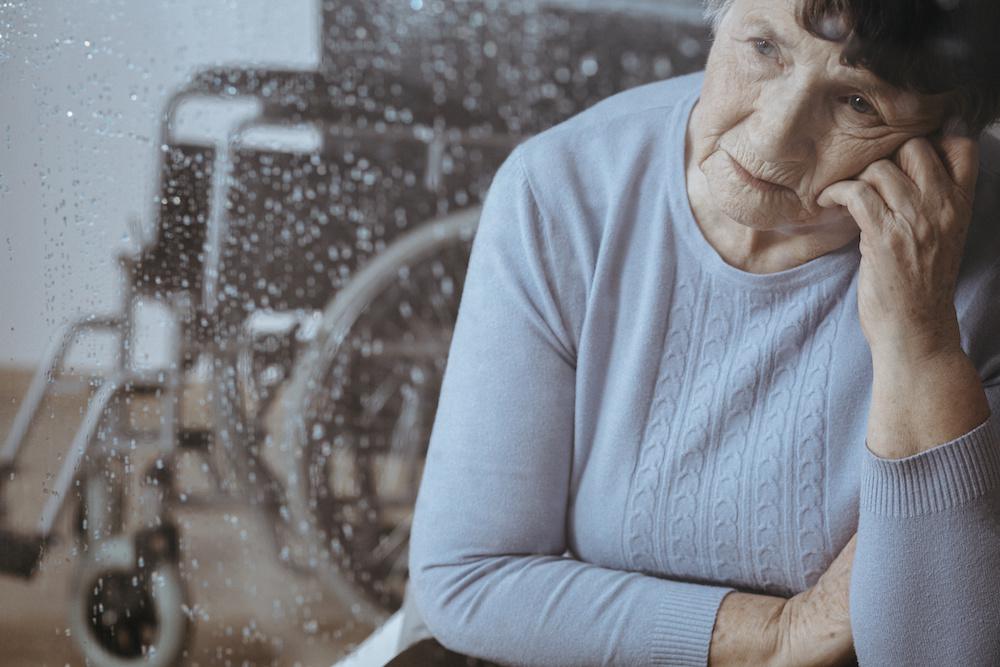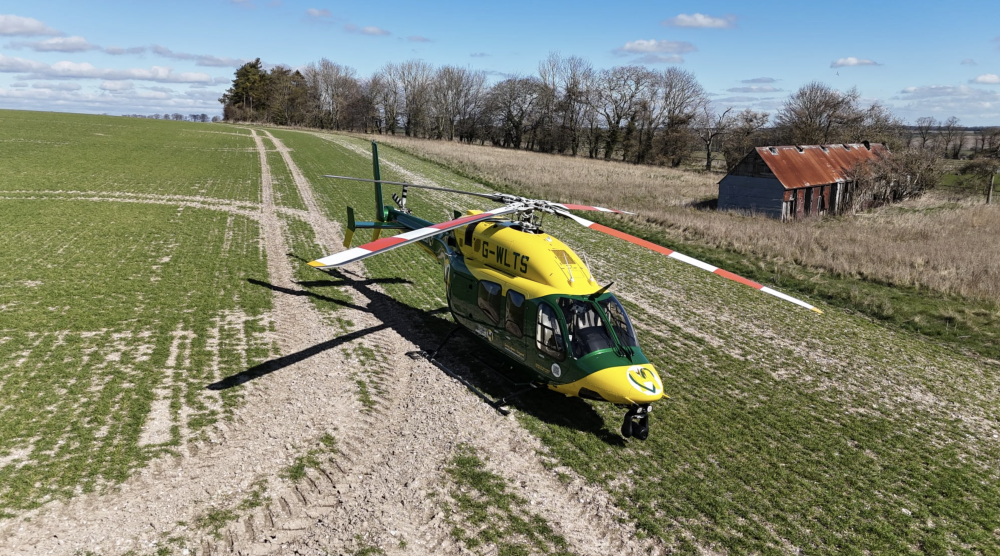The Alzheimer’s Society in Swindon has chosen Carers' Week to highlight people with the condition and their loved ones.
The society says that throughout the pandemic friends and family members have worked especially hard, and estimates that an extra 92,000 hours of help was provided by informal carers.
In Swindon alone, there are more than 2,700 older people with dementia.
Alzheimer’s Society in Swindon area manager Kelly Inwood said: "As local governments refresh their carers strategies, Alzheimer’s Society would like to see councils proactively offering carers of people living with dementia assessments of their needs rather than waiting for them to ask for support.
"Carers should feel as though they can take breaks away from caring when they need by making available to them lists of recommended local respite care places.
"It is also vital that face-to-face support groups and respite places are reopened at the earliest opportunity and when safe to do so.
"These respite services also need to be appropriate for everyone living with dementia, including younger people with dementia.
"Lastly, for anyone who provides care and support to those living with dementia, thank you for everything you do and continue to do."
According to the society, a caring role is often one people fall into, or is a title they acquire. It can be rewarding, but it can also feel overwhelming and isolating.
Carers of people living with dementia, the society says, face unique challenges, one of them being that dementia is a degenerative disease.
"This means that as well as dealing with early symptoms such as behavioural changes, people also have to come to terms with seeing these symptoms progress."
Ms Inwood said: "The coronavirus pandemic has taken its toll on everyone, but unpaid carers in particular have been hugely impacted. An overwhelming 92 percent of people said the pandemic had caused a more rapid increase in their loved one’s dementia symptoms, with some losing the ability to speak or feed themselves.
"It is no wonder that since coronavirus hit, our support services have been used over five million times, with people telling us it is their lifeline.
"While creating new challenges for carers, the pandemic exacerbated existing ones. As we slowly start to come out of the pandemic, we have an opportunity to improve the health and social care system for people affected by dementia.
"With no drugs to cure or slow down the condition, it’s social care that people with dementia rely on every day.
"Decades of chronic underfunding and neglect have led to a care system that’s inadequate and deeply unfair – the pandemic has exposed these failings like never before.
"People with dementia have been worst hit, accounting for over a quarter of all deaths and many more rapidly deteriorating from the knock-on effects of successive lockdowns and shielding requirements.
"This cannot be the kind of society that we expect today and that we want to grow old in - never again must people affected by dementia face such devastation."










Your Comments
Be the first to comment on this article
Login or Register to post a comment on this article